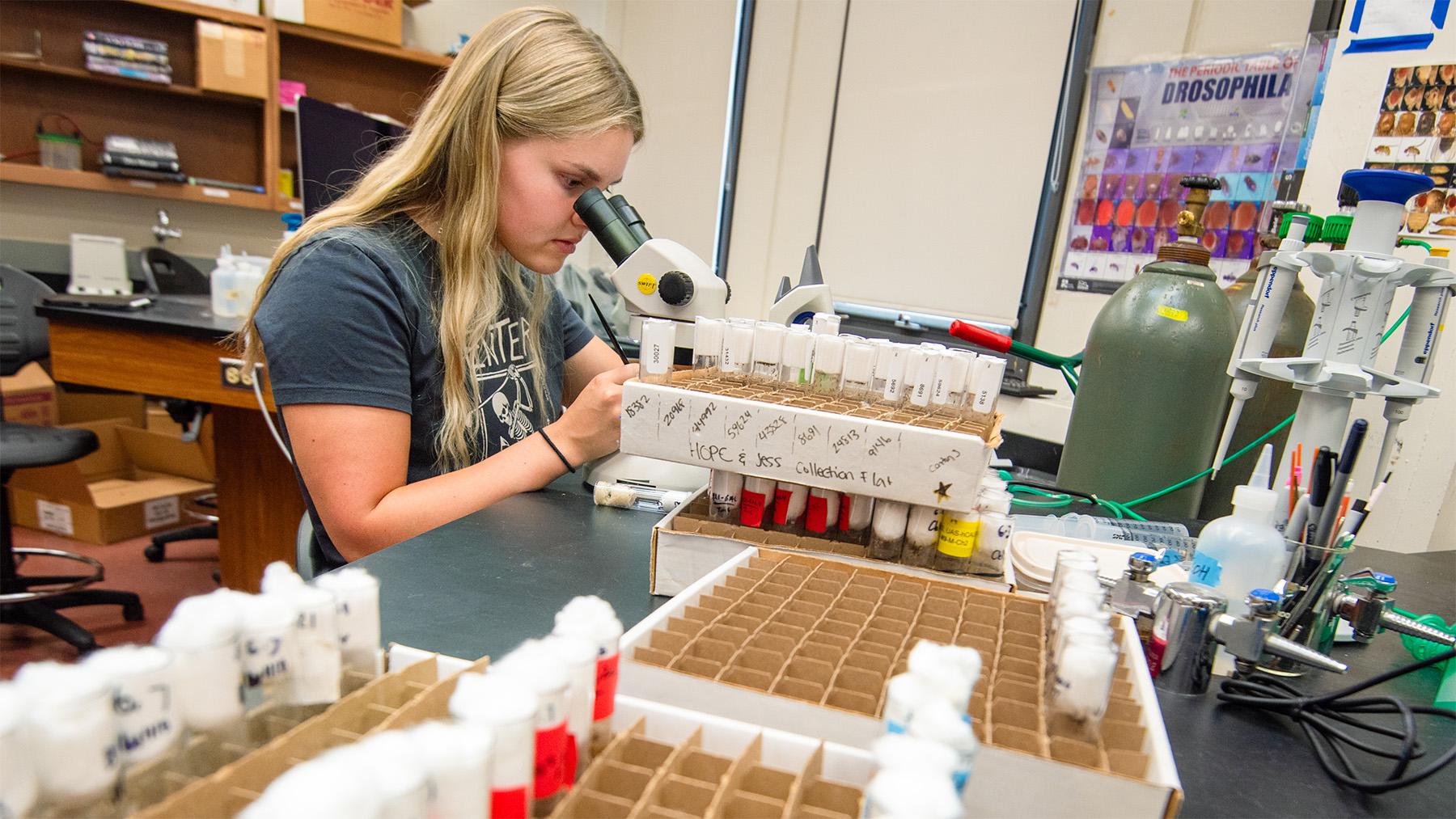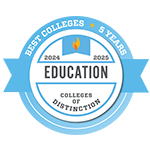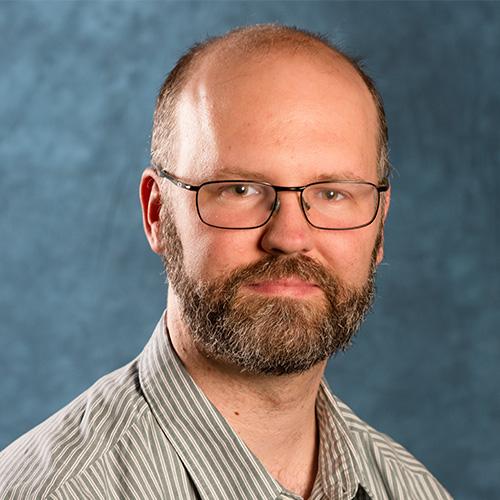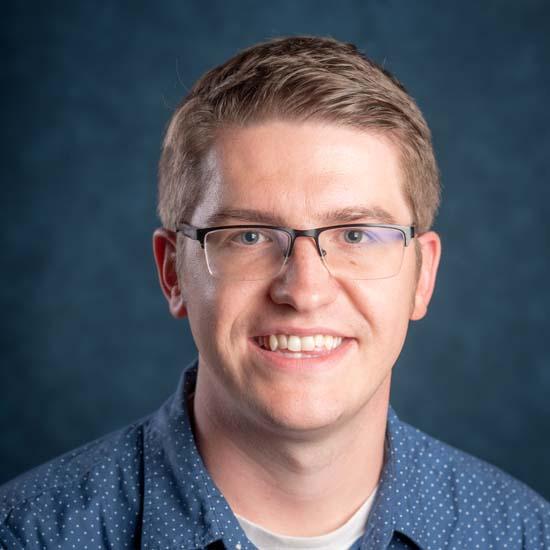Chemistry Education

-
Program TypeMajor
-
Degrees OfferedB.A., B.S.
-
SchoolLiffrig Family School of Education and Behavioral Sciences, School of Arts & Sciences
What You’ll Learn

You’ll gain a broad knowledge base in the chemical sciences, learn to communicate effectively, and develop strong analytical and critical-thinking skills so that you can teach chemistry to students in grades five to twelve. You’ll also learn best practices in classroom management to meet the needs of diverse student populations with varied learning styles.
- Benefit from Individual Attention and Mentorship
You’ll be in small classes alongside world-class faculty who bring professional experience to their classrooms.
- Gain Hands-on Classroom Experience
You’ll spend 8-14 weeks in a secondary chemistry classroom under the supervision of an assigned cooperating teacher. The experience includes observation, teaching, and the performance of teacher-related responsibilities.
- Prepare for the Student Populations of the 21st Century
You’ll explore evidence-based teaching strategies for inclusive course design, student-centered pedagogical practices, and facilitating learning across differences — all essential components of effective teaching in our increasingly diverse nation.
Program Information
Please visit our catalog for admission requirements and a full list of our courses.
Accreditations
-
![North Dakota Education Standards and Practices Board]()
North Dakota Education Standards and Practices Board
All the University of Mary education programs are fully accredited by the North Dakota Education Standards and Practices Board and all CAEP national standards are fully met.
Featured Faculty

Thomas More Sexton, PhD
Chair of Chemistry, Assistant Professor of Chemistry
I am a computational/theoretical chemist with years of experience in undergraduate teaching and research.

Alexander Mains, MEd
Assistant Professor of Education, Director of Secondary Education
As the director of the secondary education program, I have the opportunity to work with prospective middle school and high school educators to help them grow in their skills and develop a love of learning for their future students. I work within eight different subject areas for my program, teaching various methods courses and education courses and visiting practicum schools where my future educators observe classroom teachers and practice teaching their lessons to real students.


